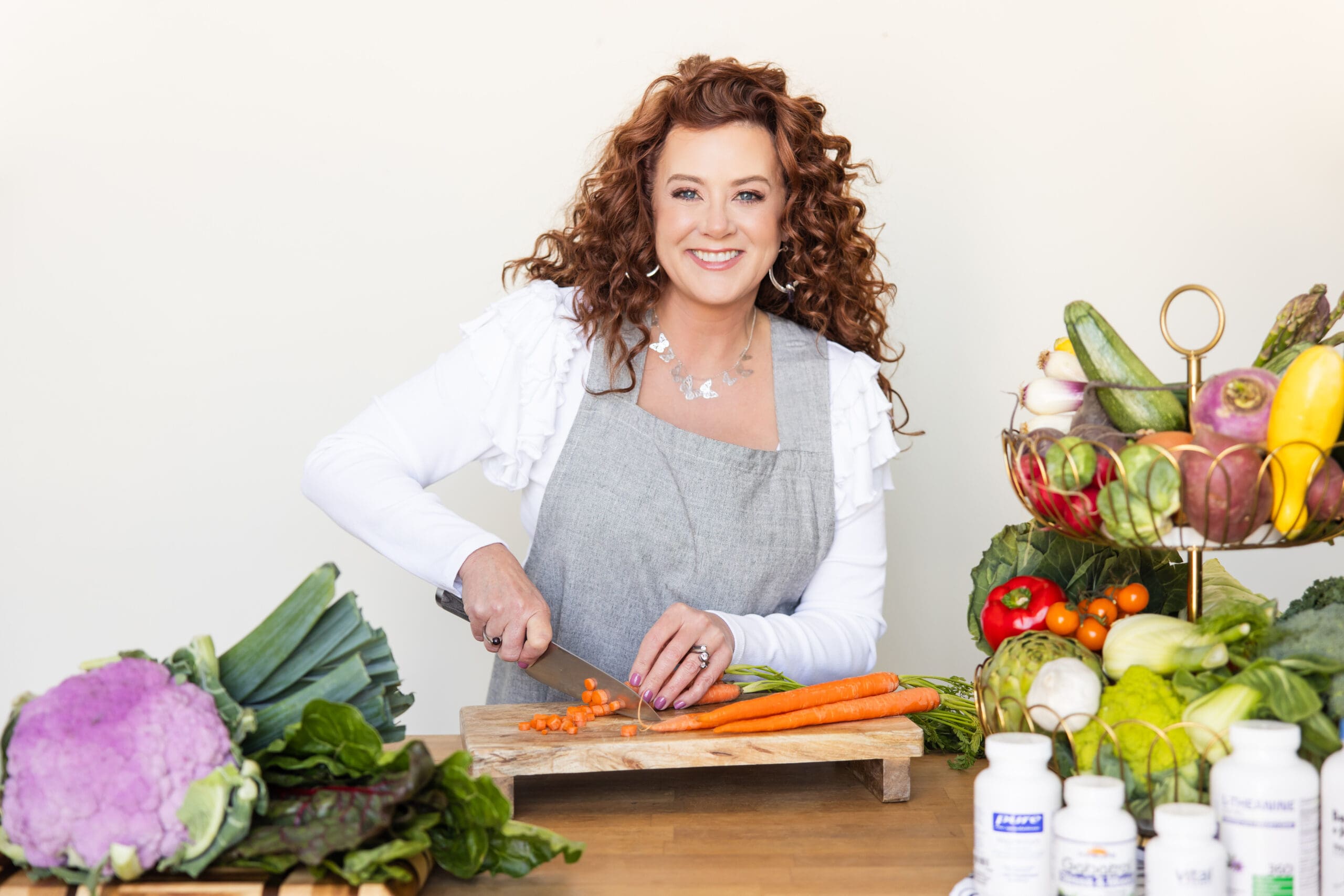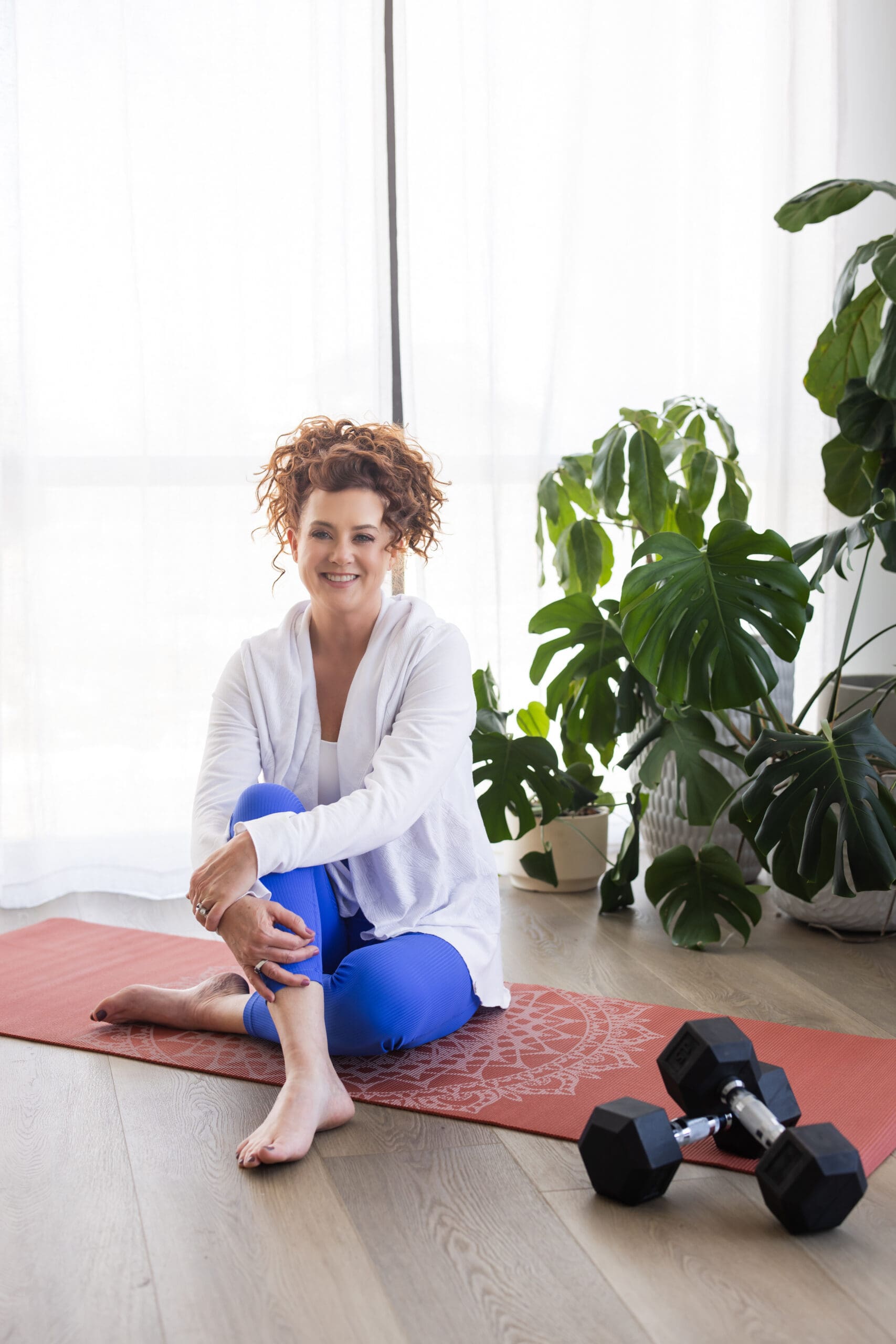Sex is far more than a pleasurable experience—it’s a vital part of a healthy lifestyle for both men and women. From balancing hormones and boosting neurotransmitters to deepening emotional intimacy, sexual connection is a powerful tool for physical, mental, and relational health. Dr. John Gray, in his insightful book Venus on Fire, Mars on Ice, explains how sexual intimacy and emotional bonding support hormonal balance in men and women in dramatically different, yet equally crucial, ways.

The Brain Chemistry of Sex
During sexual activity, the brain releases a cascade of neurotransmitters that enhance mood and foster connection. Dopamine, the “pleasure” chemical, spikes during arousal, fueling desire and motivation. Serotonin, which promotes a sense of well-being and relaxation, increases post-orgasm, helping reduce anxiety and improve sleep. Endorphins—natural painkillers—also surge, reducing physical discomfort and elevating mood.
Most importantly, sex increases oxytocin, commonly known as the “love hormone.” This neuropeptide is responsible for bonding, trust, and closeness. Women experience a dramatic rise in oxytocin through affectionate touch and orgasm, while men often experience increased oxytocin alongside a dip in testosterone post-intimacy—supporting emotional closeness when timed well. Gray emphasizes the importance of honoring these hormonal cycles to maintain relationship harmony.
Hormonal Balance and Relationship Health
Regular, loving sex helps regulate hormones in both genders. For women, it stabilizes estrogen and progesterone levels, which supports mood, skin health, and fertility. For men, regular sexual activity keeps testosterone levels balanced, improving energy, focus, and confidence.
Sex also boosts immune function, enhances cardiovascular health, and improves sleep quality. Emotionally, couples who engage in regular, connected intimacy report lower levels of stress, increased satisfaction, and better communication. According to Gray, emotional safety and affectionate touch are essential for a woman’s well-being, while a man thrives when he feels successful at pleasing his partner—creating a cycle of mutual fulfillment.
Why Maintaining a Healthy Relationship Matters
In long-term relationships, intimacy serves as a glue that keeps partners emotionally and hormonally connected. Without regular affection and sexual bonding, couples may feel distant, misunderstood, or resentful. Maintaining physical and emotional intimacy strengthens trust, promotes empathy, and keeps the flame of romance alive. In today’s high-stress world, carving out time for intimacy is not a luxury—it’s essential self-care for the relationship.
15 Natural Ways to Boost Oxytocin
Whether you’re single or in a relationship, you can increase oxytocin levels naturally:
- Hug someone you care about, at least 20 seconds is ideal
- Cuddle with a partner or pet
- Hold hands
- Gaze into someone’s eyes
- Give or receive a massage
- Listen to soothing music
- Practice gratitude journaling
- Engage in deep, authentic conversation where you feel heard
- Meditate or practice mindfulness
- Dance with a partner
- Smile or laugh with friends
- Take a warm bath
- Do acts of kindness
- Engage in meaningful touch
- Make love with someone you trust
Final Thoughts
Sexual health is a cornerstone of total wellness. It balances hormones, nurtures emotional connection, and elevates physical vitality. As Dr. John Gray explains, understanding and respecting the unique needs of men and women leads to deeper love and lasting harmony. So, whether you’re boosting oxytocin through touch or deepening intimacy with your partner, remember that healthy sex is more than fun—it’s foundational.
Wishing You Health & Happiness, Tammy






